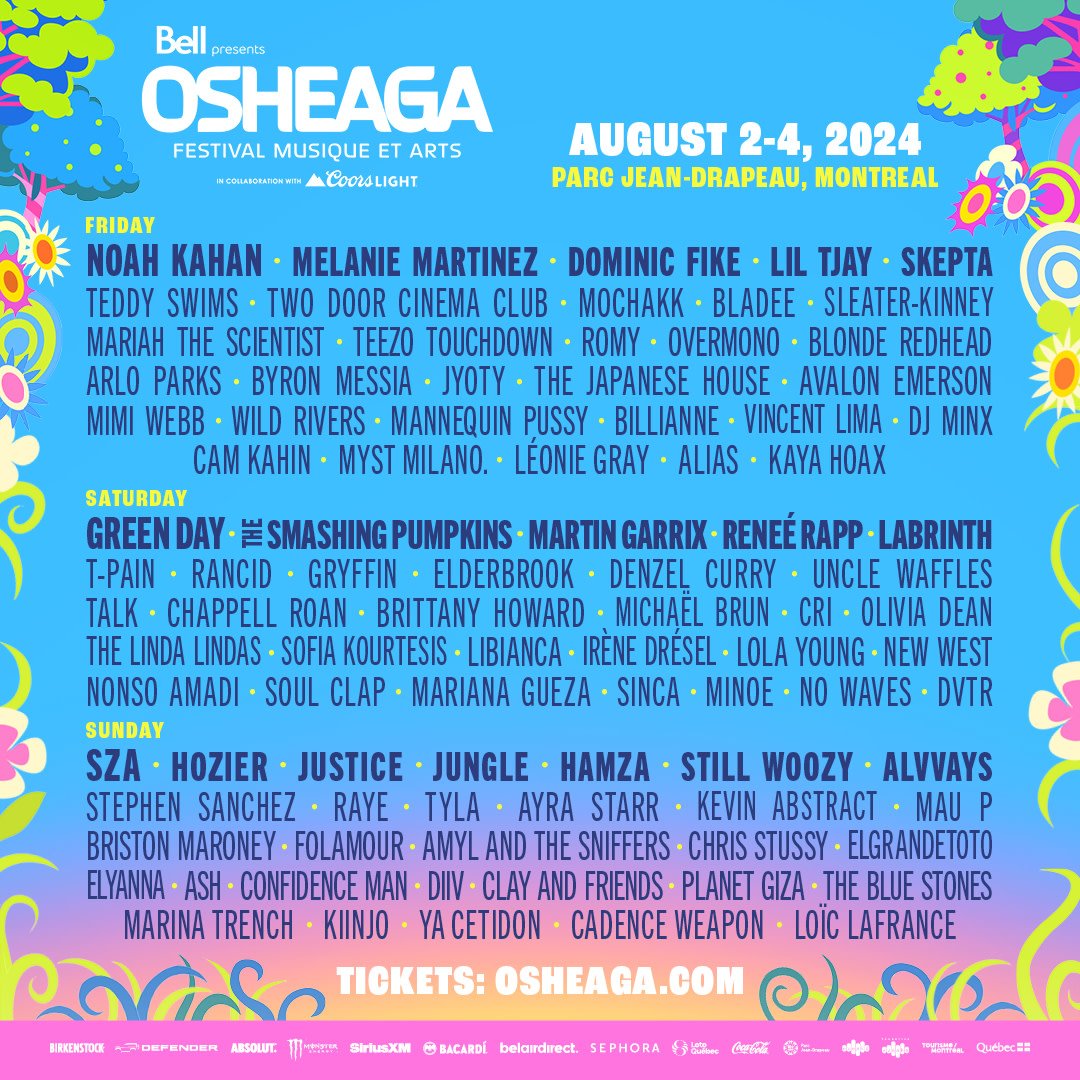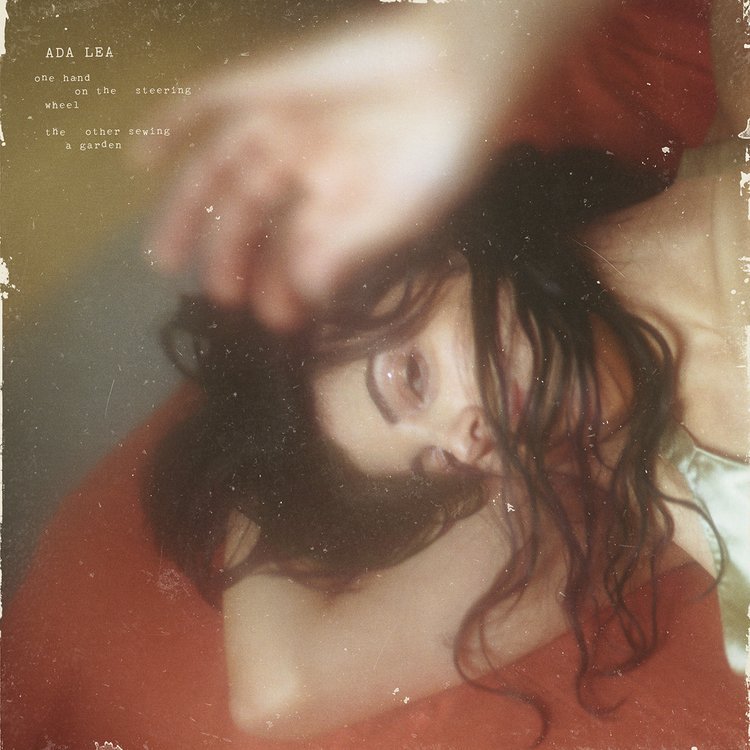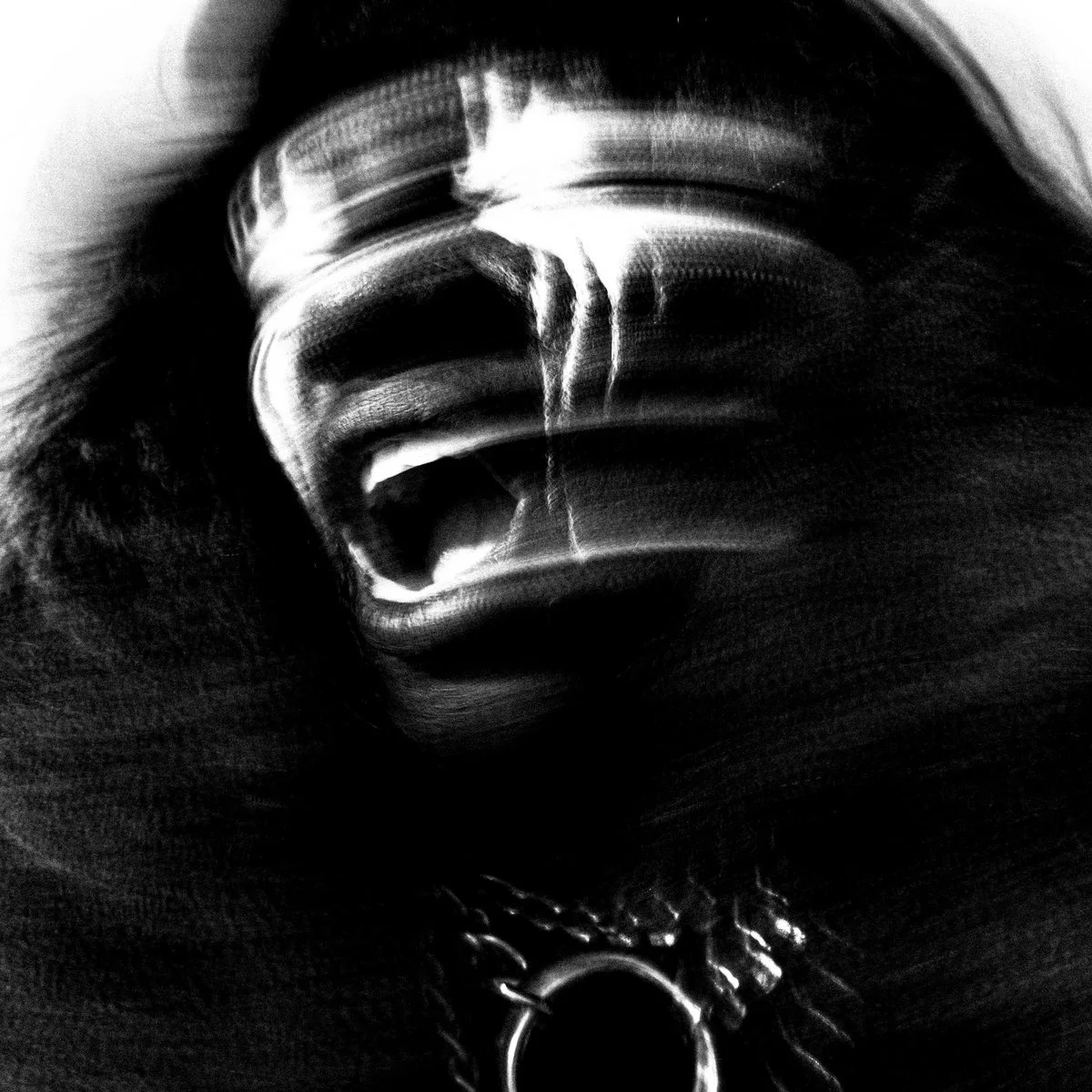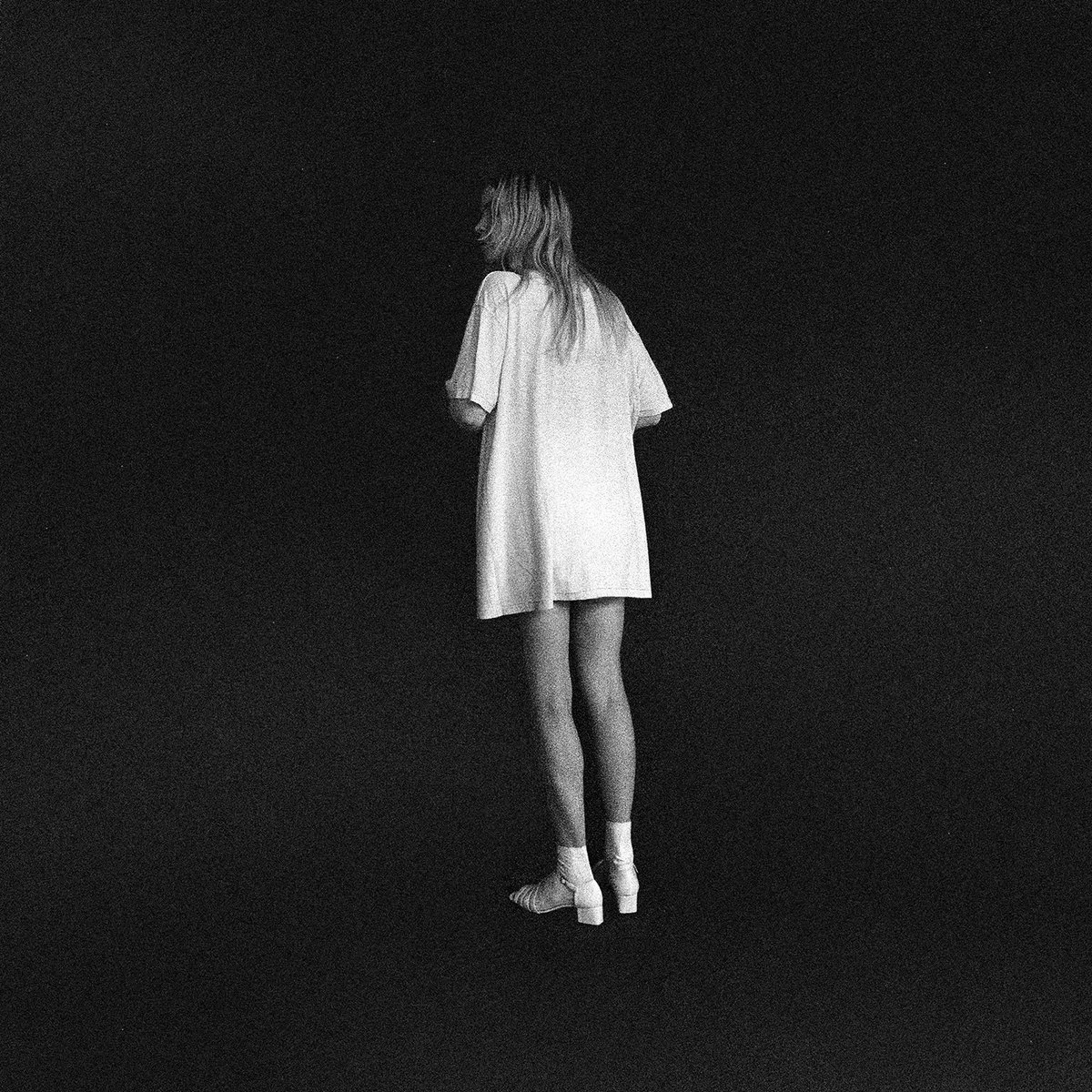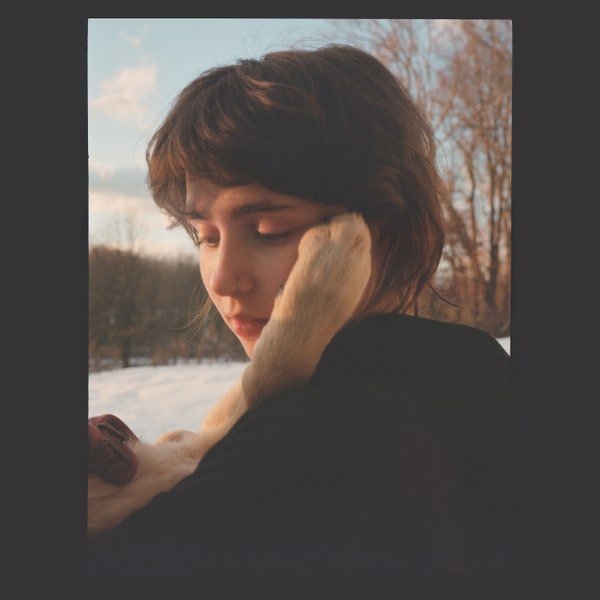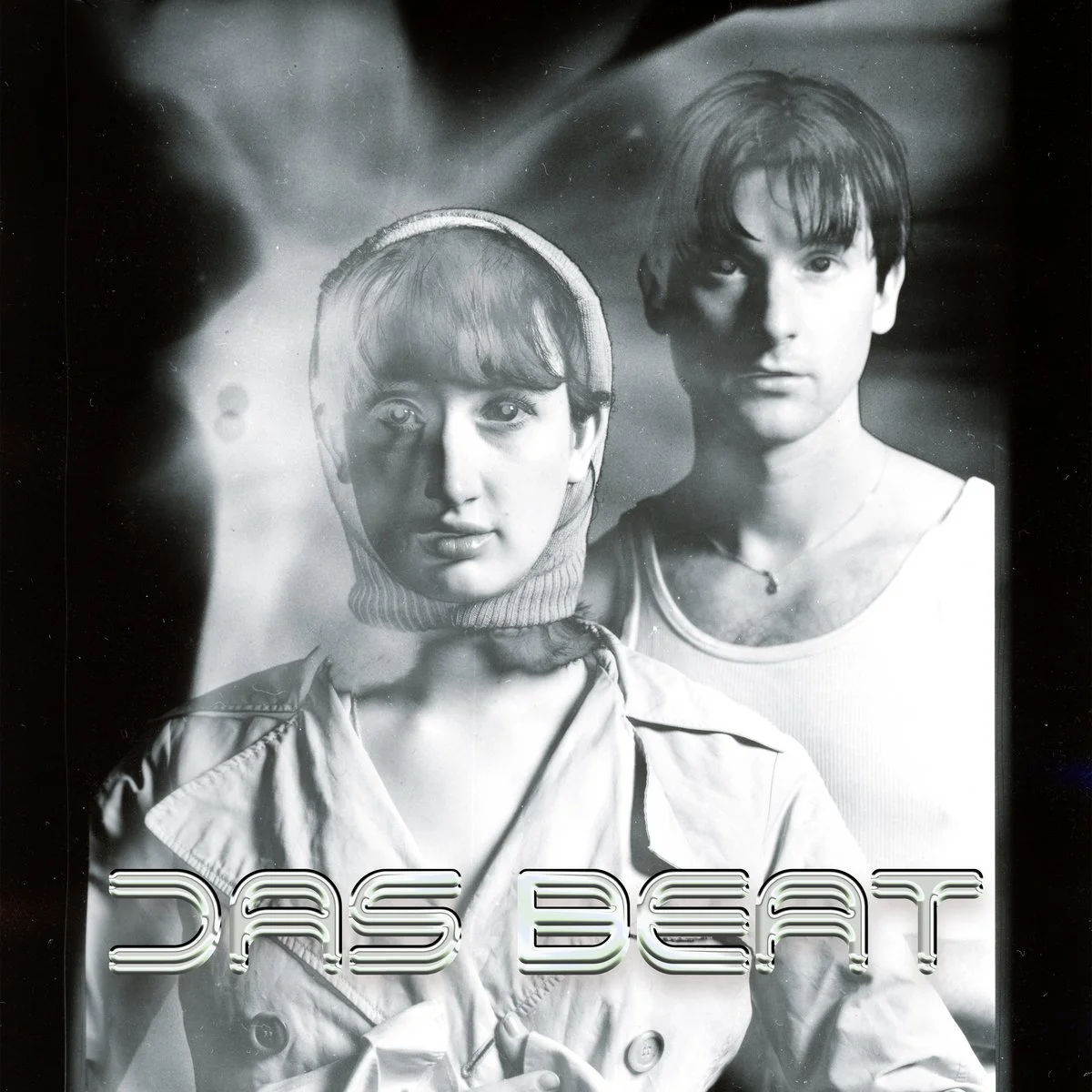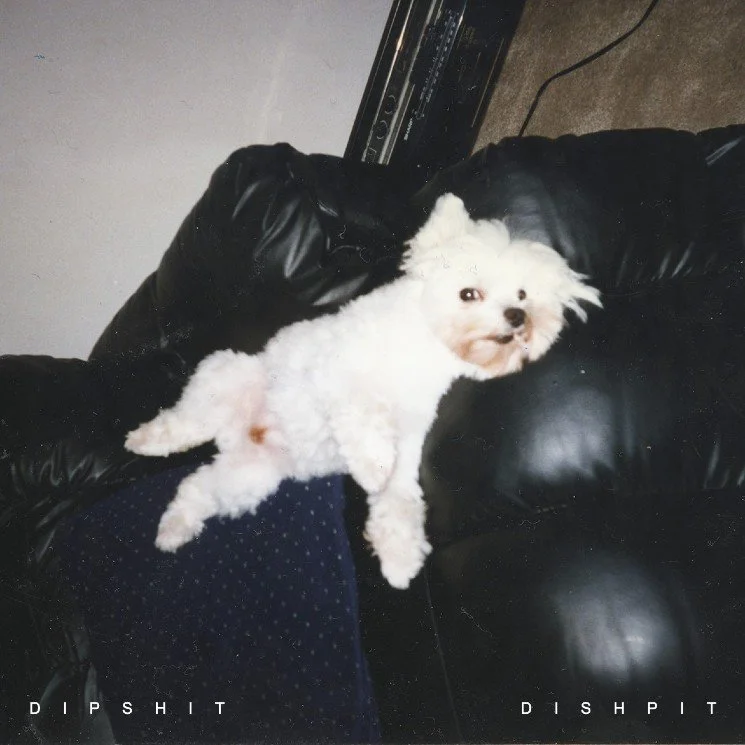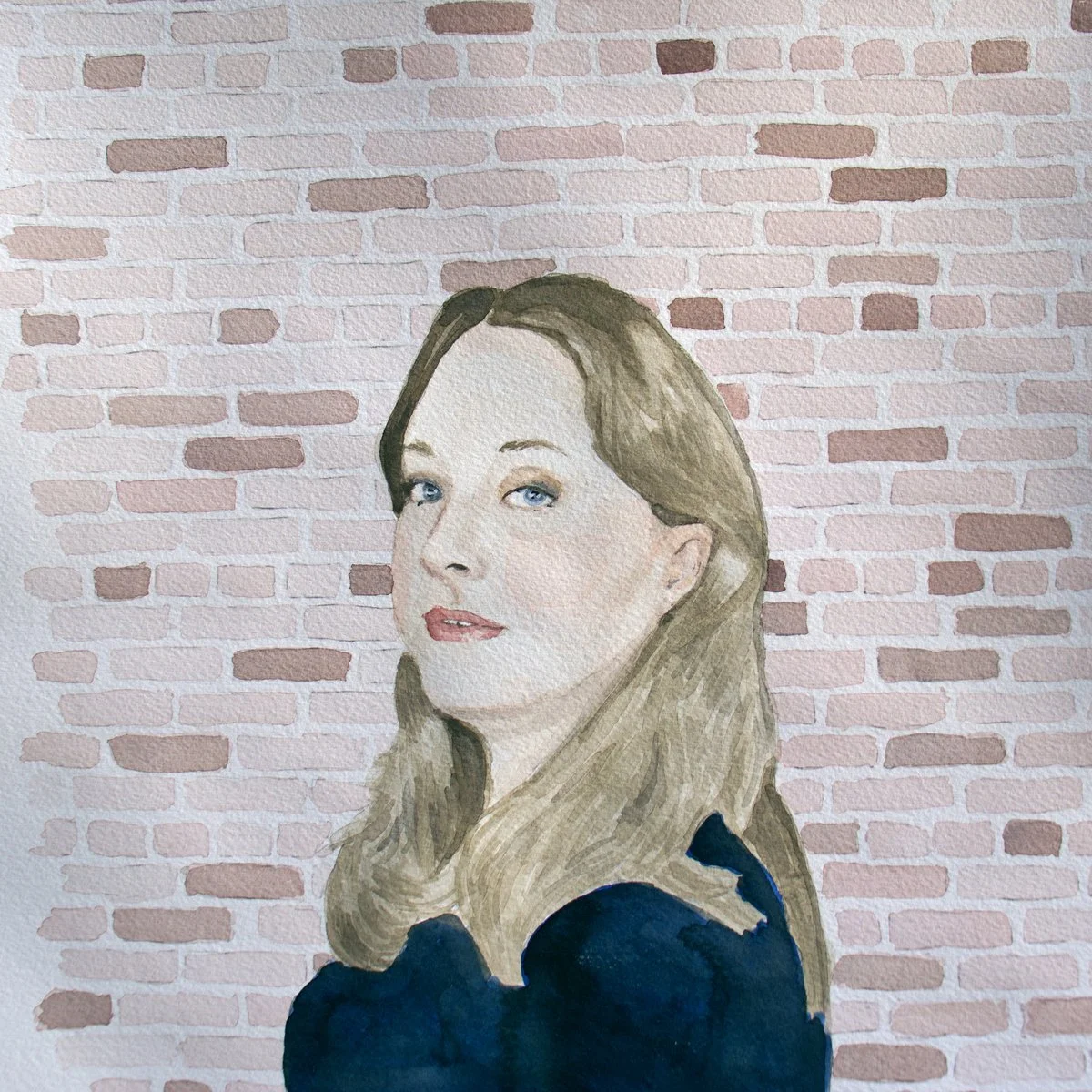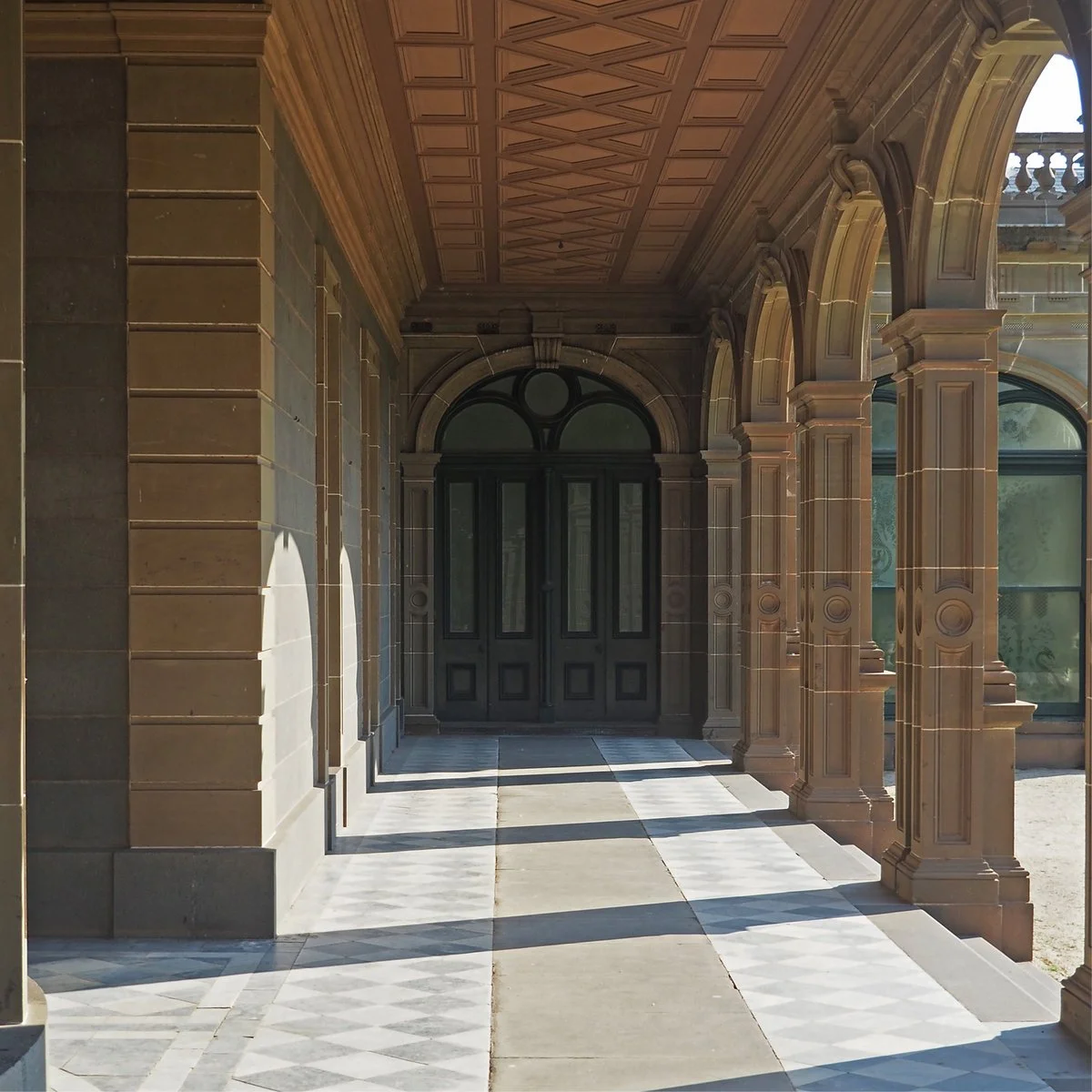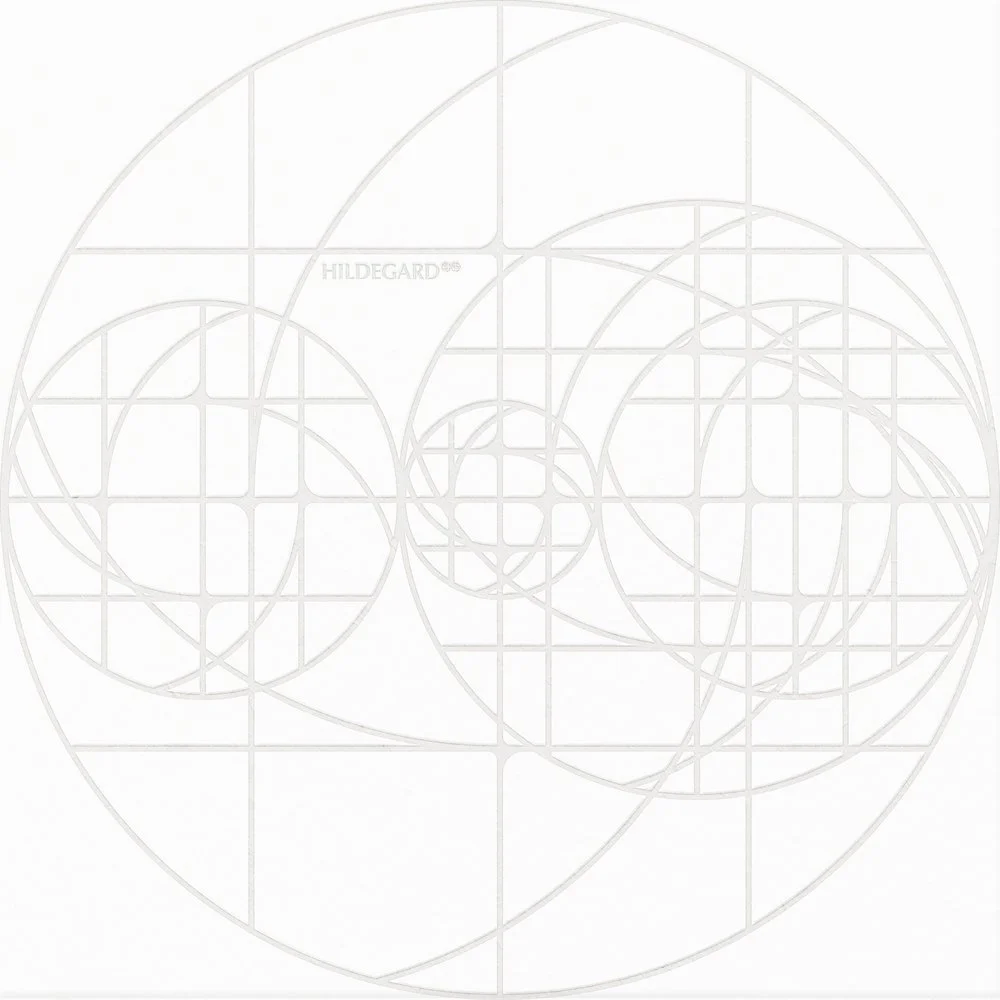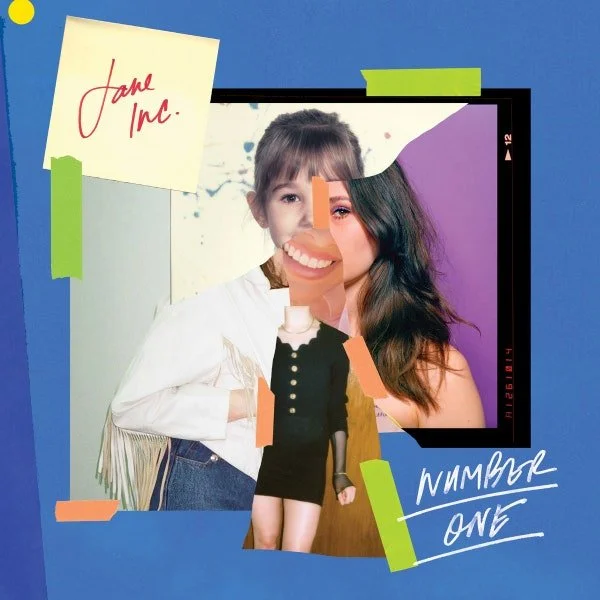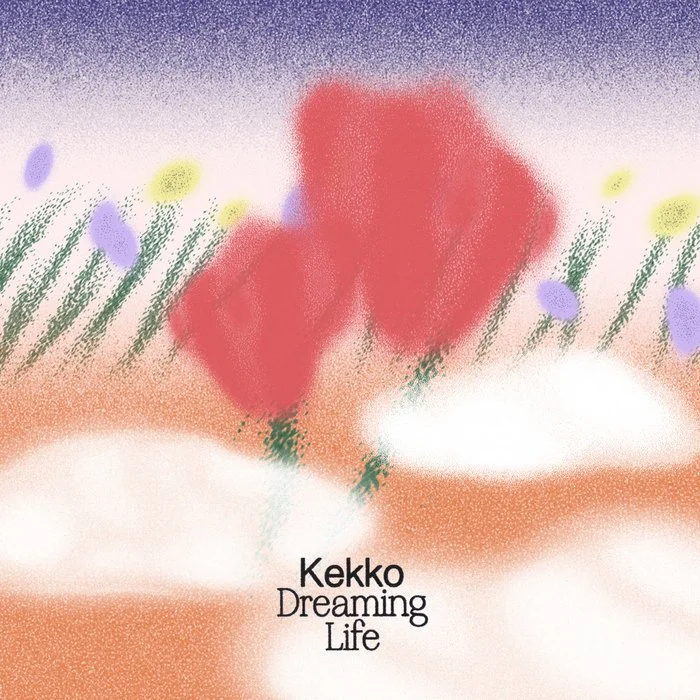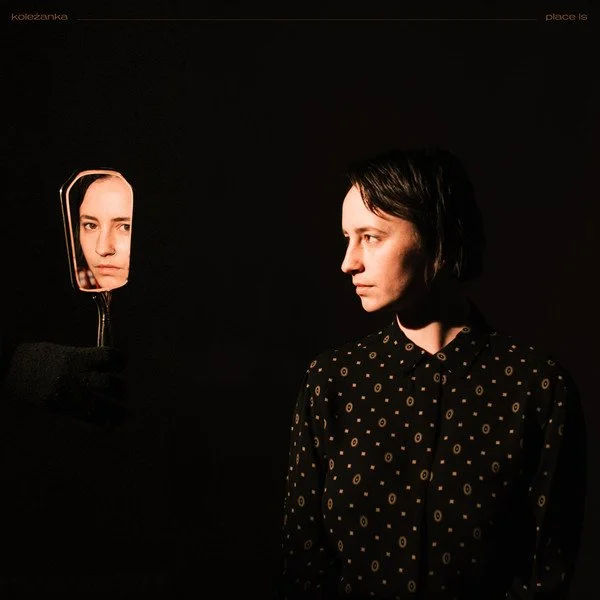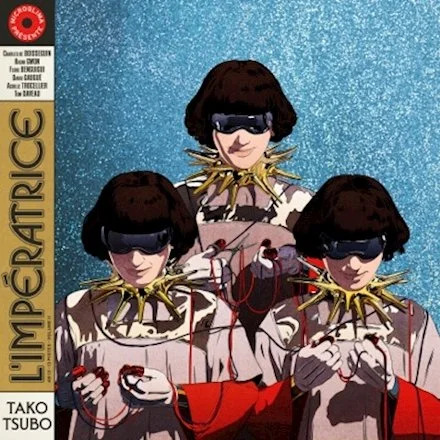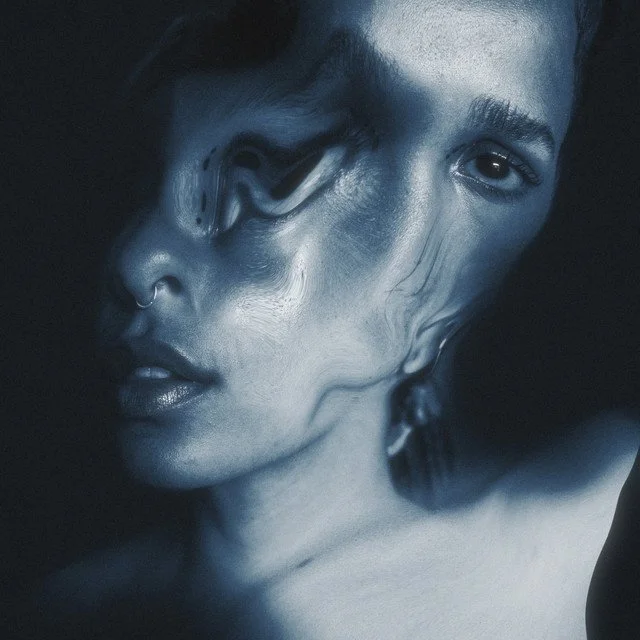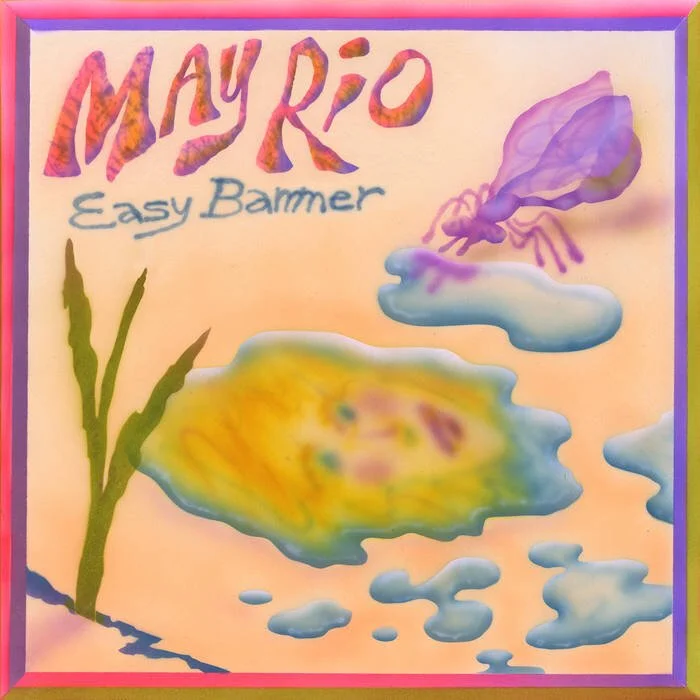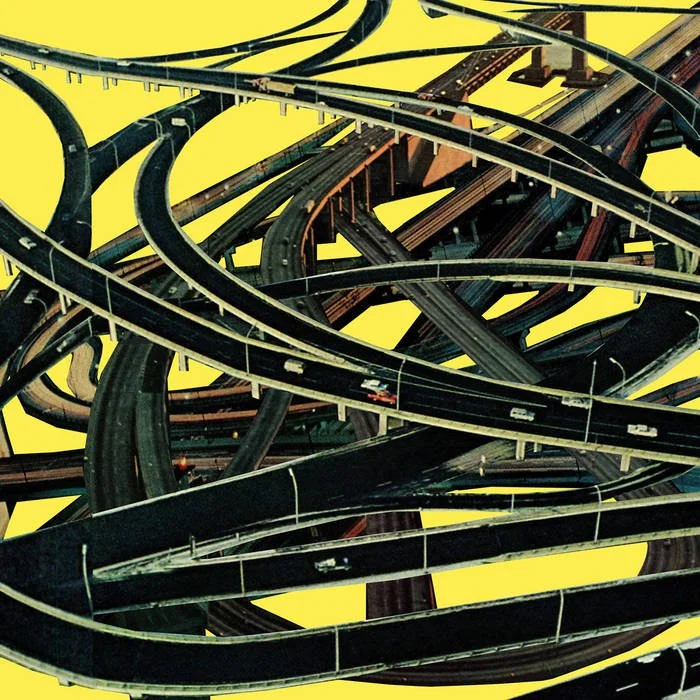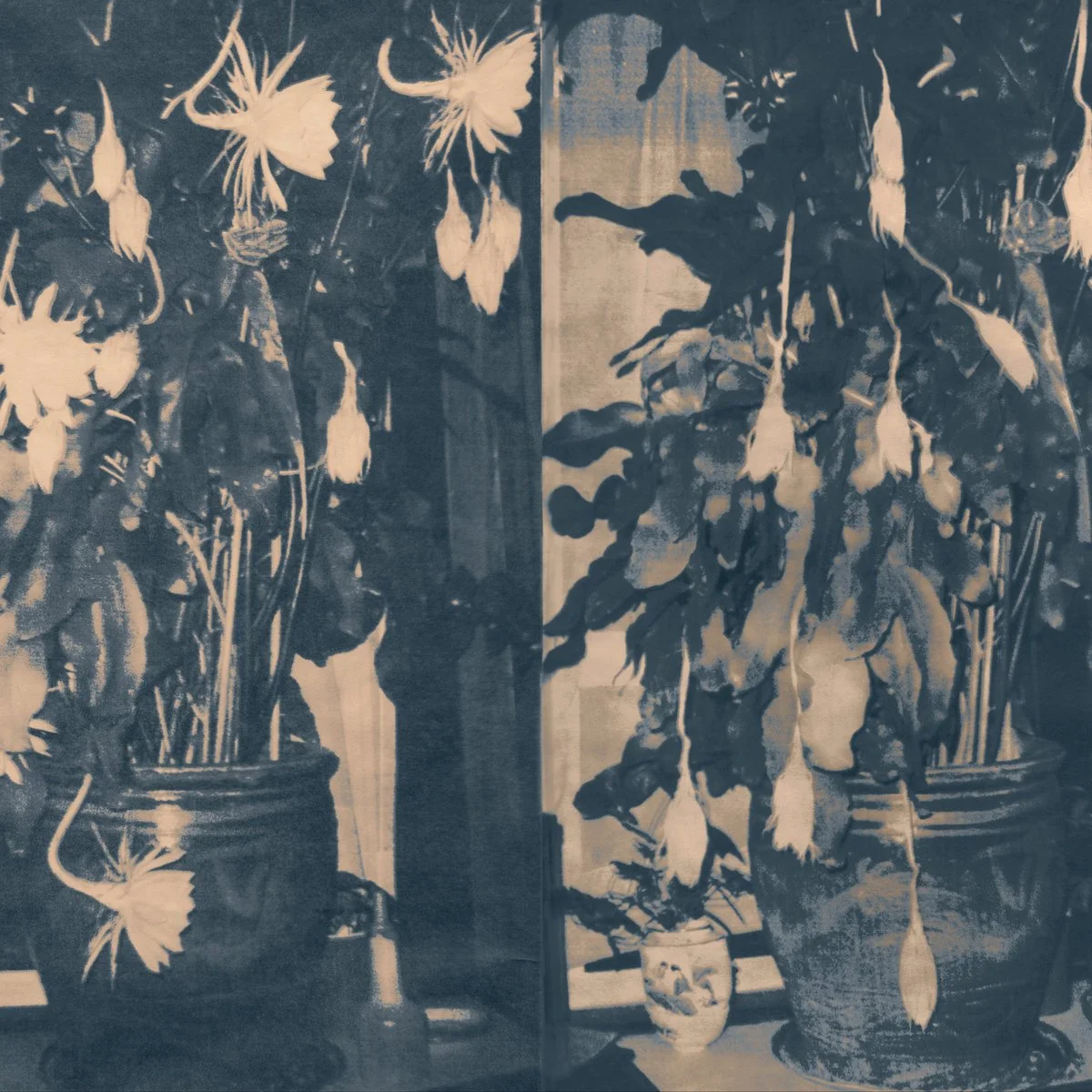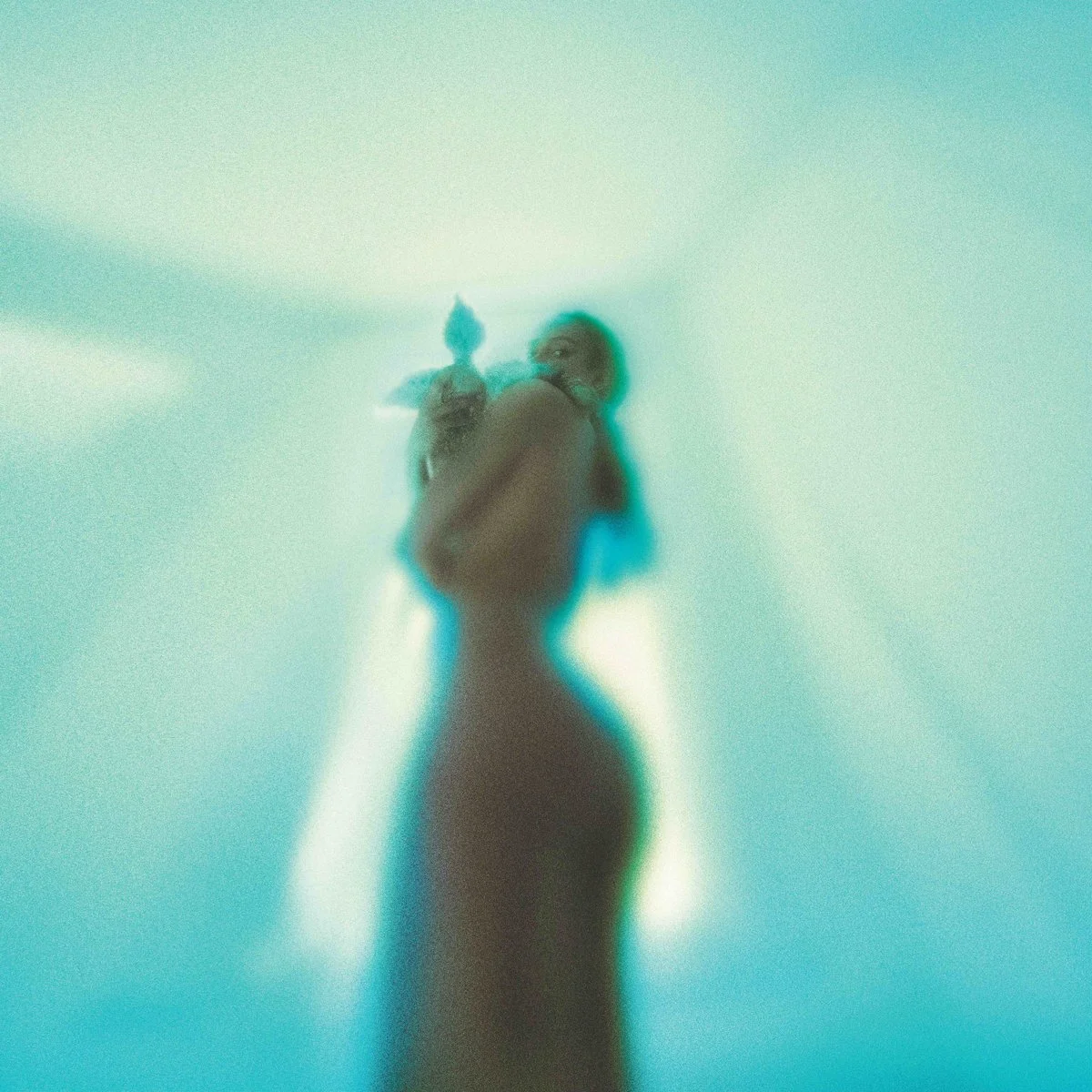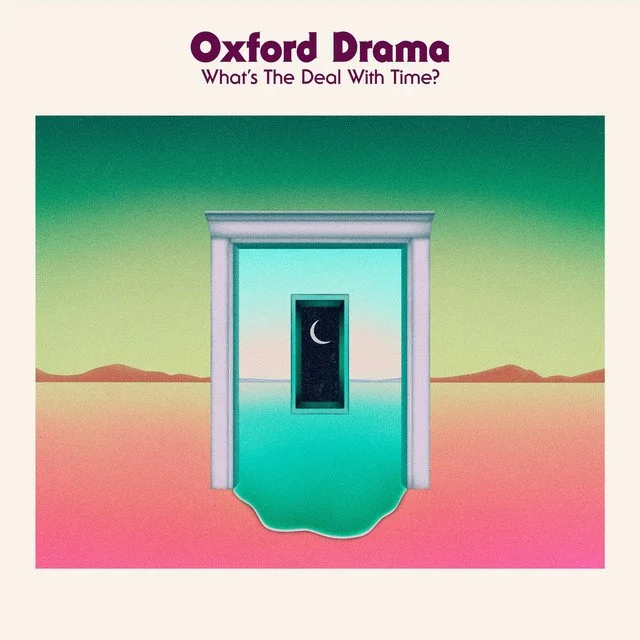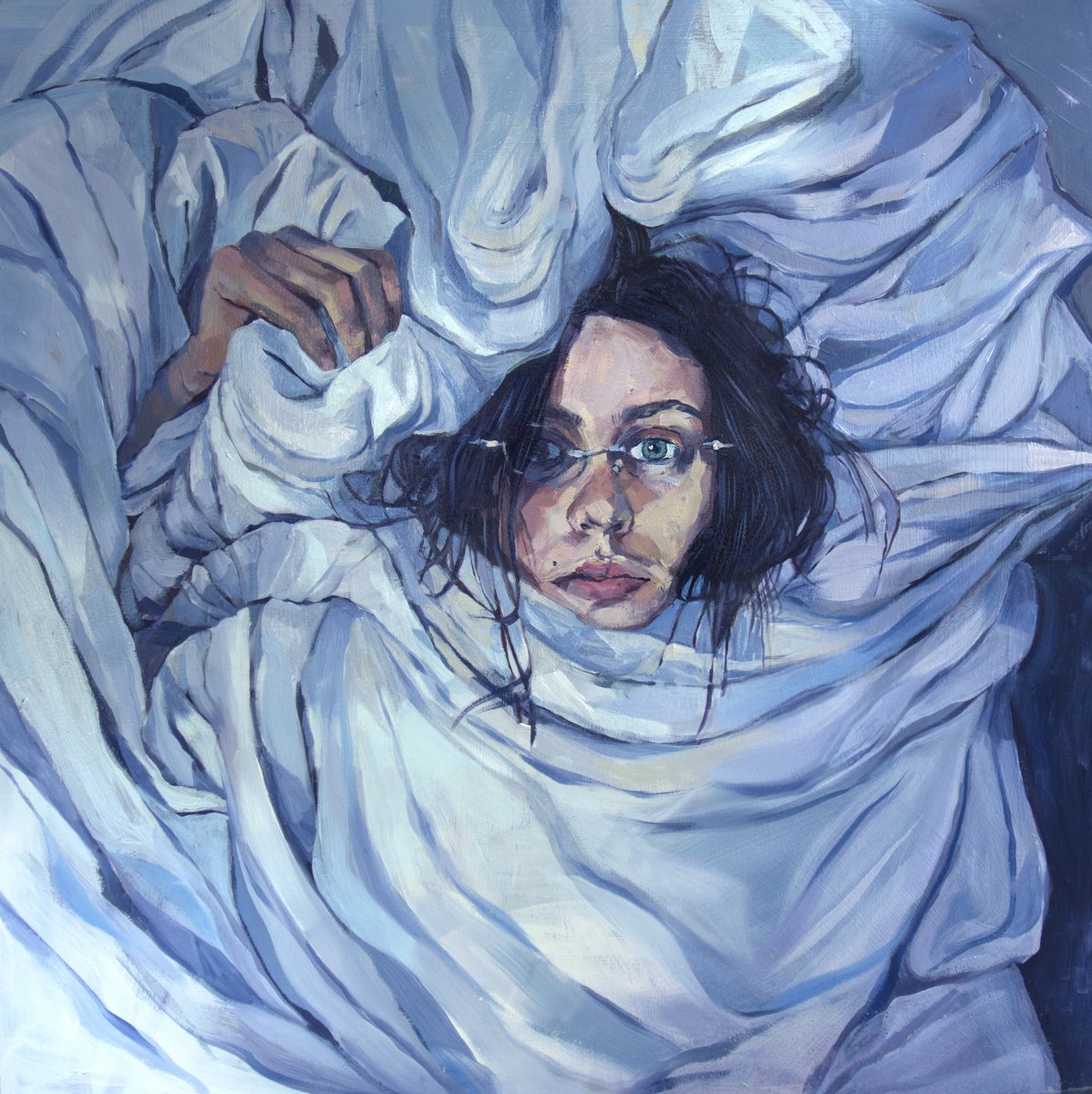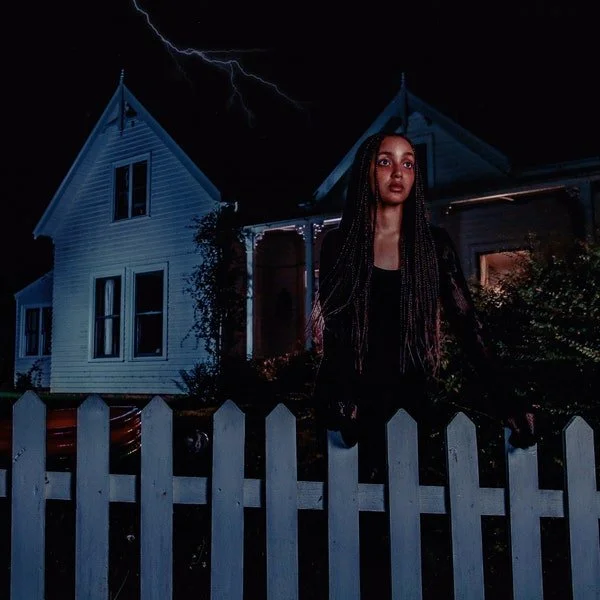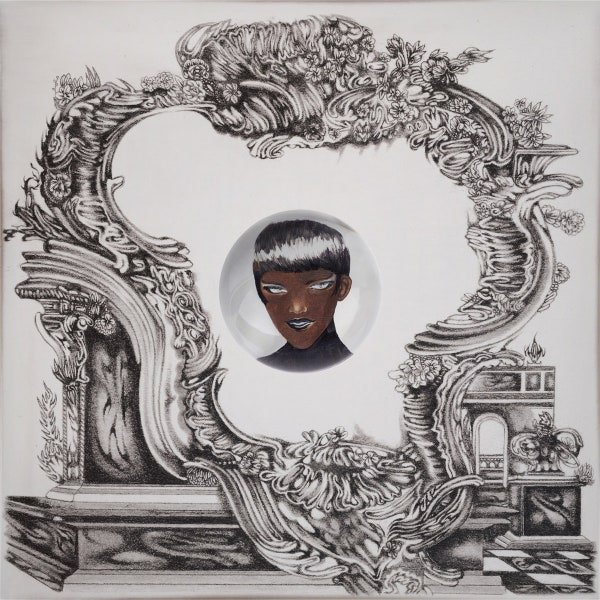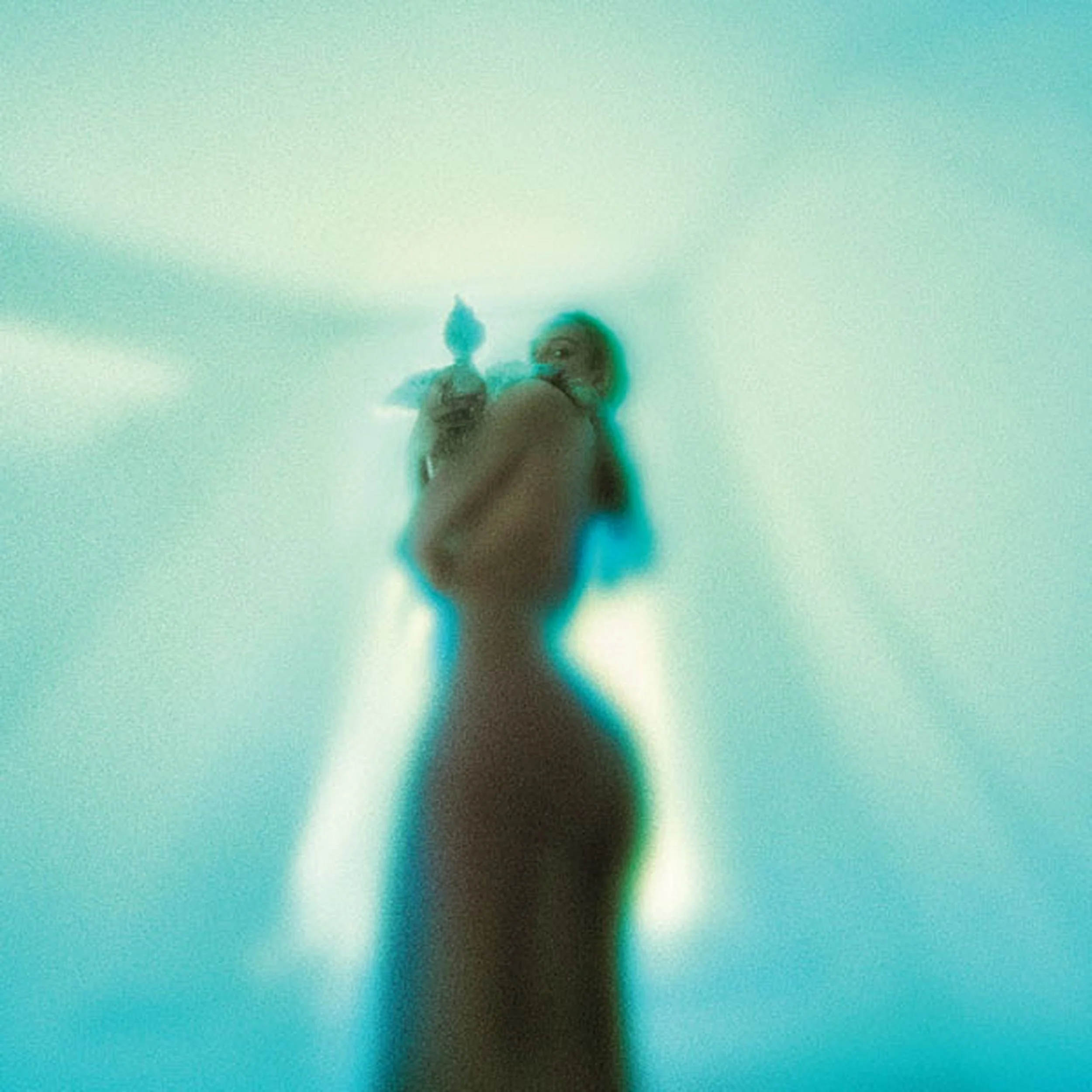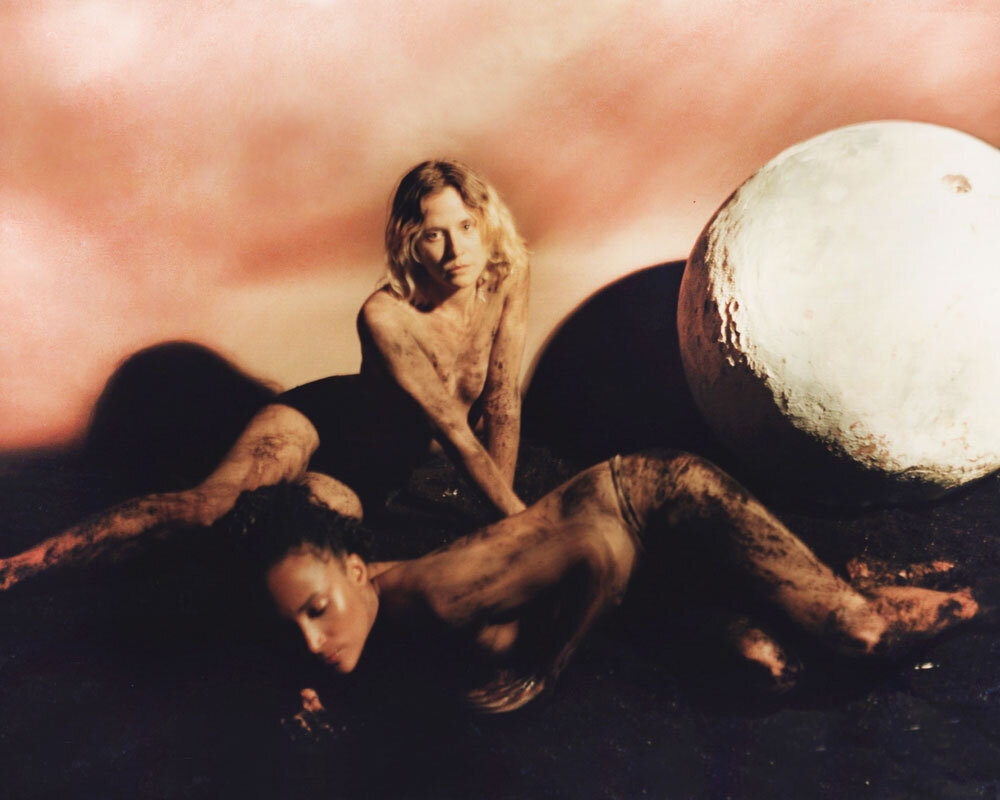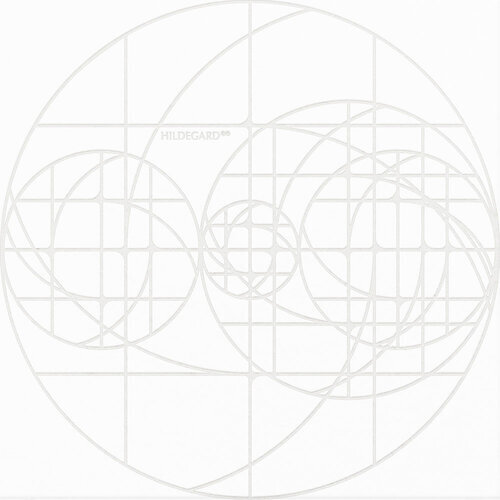Popping Off: A Vibrant Dive Into POP Montreal's 23rd Edition
Beverly Glenn-Copeland performing at the Théâtre Rialto for POP Montreal
Another edition of POP Montreal has come and gone. The festival’s 23rd edition had us zooming around the city at top speed hitting at least five shows a night, enjoying the best indie music Montreal’s scene, and its invited guests, had to offer. Experience four nights of POP Montreal in true Also Cool fashion with our post-festival review, covering Bleu Vésuve, Beverly Glenn-Copeland, YHWH Nailgun, Laura Krieg and more.
Day One
Our festival opener was none other than hometown hero Amery. In a custom-made gold and fuschia sequined ensemble (complete with her matching sparkly monogrammed white tee), Amery belted the synth-pop standouts from her recently released debut Continue As Amery (Arbutus), with classics like “Boring Potion” sprinkled in-between. The sold-out audience at Casa del Popolo saw Amery confidently strut into the crowd backed by her equally bouncy bandmates to define indie pop perfection. Along with a well-received surprise guest duet with Fireball Kid, the scene support for Amery and co. was palatable, with show-goers unable to resist shimmying along, smiling from ear to ear. Just when we thought the bangers were over, Amery kept spirits high, closing out with a cover of Donna Summer’s 1979 hit “Hot Stuff”.
In between acts, we caught up with Winter and The Spirit of the Beehive at Foufounes Électriques. Winter is a Brazilian-American artist who recently moved from Los Angeles to New York, and warmed the crowd up with her dreamy shoegaze set. She also had some psychedelic notebooks for sale at her merch table, which of course came home with us after her set. Philadelphia band The Spirit of the Beehive is a longtime Also Cool fav, and offered a solid performance to an eager crowd of indie rockers.
Next up on the Casa del Popolo bill was fellow local act Bleu Vésuve. A new artist for Also Cool, Bleu Vésuve is the project of Montreal-based singer-songwriter and multi-instrumentalist Camille Rosset-Balcer. Upon Bleu Vésuve taking the stage, a haunting fog settled atop the hushed audience. It was almost as if the band was playing by candlelight, with Rosset-Balcer’s Mazzy Star-meets-Cat Power vocals gently meandering from the glow. Sharing entracing, dusky folk-psych from their first self-titled EP, Bleu Vésuve was a welcomed discovery from this year’s POP lineup.
Day Two
Spirits were high on day two of POP, knowing that living legend Beverly Glenn-Copeland would return to his university town of Montreal for a date on his final tour. The stained glass panels of the Théâtre Rialto were twinkling and the hall was filled with warmth from the anticipation of what was sure to be a magical performance. Aptly titled “The Salon Evening”, Copeland and his accompanying musical family shared an intimate performance that transported the Théâtre Rialto’s 1,500 person audience into what felt like a night of storytelling in the living room that he shares with his wife, Elizabeth.
Opening with “Ever New” from his 1986 album Keyboard Fantasies, Copeland’s otherworldly voice and presence kept our eyes glassy for the nearly two hour-long performance. Between poems written by Copeland and his wife, anthems from his latest release The Ones Ahead, and songs of perseverance and survival, Copeland’s playful storytelling and adorable back and forth with Elizabeth reminded us of the power of camaraderie and laughter. We could tell the band felt the same way, as two choir members clasped hands during Copeland’s heartfelt “(Harbour) Song for Elizabeth”. Along with fellow concert-goers, we were awestruck by Copeland’s gorgeous and humorous performance, and felt as though our lives may be forever changed.
After wading through the post-Beverly Glenn Copeland swarm outside the Rialto, we booked it down to the Plateau to catch Nap Eyes. Shuffling shoulder to shoulder in the basement of La Sotterranea to Nap Eyes’ half-new, half-nostalgic discography felt so right. It’s been nearly a decade since we first encountered the pensive Halifax-raised indie outfit, yet it felt like no time had passed after the band’s three-year release hiatus. Songs that were the backdrop to Also Cool’s teenage years, like “Stargazer” and “No Fear of Hellfire”, were just as full of energy as if they were brand new, with the four guitars on-stage waltzing in harmony and singer Nigel Chapman’s delivery as endearingly earnest as we’d remembered. Montreal-based experimental sage Yves Jarvis joined Nap Eyes on rhythm guitar and synth, bringing welcomed oomph to the undeniably tight set. Having just signed to Paper Bag Records, Nap Eyes’ fifth record The Neon Gate is out on October 18th.
Cecile Believe closed out the night with a stunning performance, gracing the stage in all white and butterfly wings fluttering around her eyelashes. Friends and fans screamed lyrics back at her as she performed tracks off of her most recent EP Tender the Spark along with classics like “Bitch Bites Dog” and “Show Me What”. Cecile also performed “My Forever”, her collaborative track on SOPHIE’s posthumous self-titled album, which had the crowd in tears. The show kicked off Cecile’s Canada-US tour, where she’ll perform alongside Sega Bodega in the coming weeks. Explore her tour dates here.
Day Three
Freak Heat Waves kicked off day three at Théâtre Fairmount opening for HOMESHAKE. Set up in the middle of the stage, facing each other, the duo masterfully weaved live samples in with their various boards and blinking machines to create an enthralling set that had everyone grooving. HOMESHAKE started the set with a fake phone call before launching into their beloved stoner-rock sound, keeping cool despite a bit of a rowdy crowd screaming “let’s fucking go” in heavy Quebecois accents. The show began the band’s final tour in its current configuration, and felt like a nice call back to 2017-era Montreal.
We then marched over to Casa del Popolo, where Yves Jarvis put on a predictably beautiful show, before heading to La Sotterranea across the street just in time for YHWH Nailgun’s set. As predicted, the New York quartet quickly became one of our favourite discoveries from the festival, with their chaotic yet tightly controlled experimental set. Zack Borzone’s slightly possessed vocals paired with Sam Pickard’s immaculate drumming made for a captivating, high-energy musical force that had the whole room buzzing.
Day Four
Laura Krieg opened the night at La Sala Rosa with a spooky dark-wave solo set, and got the room full of goths moving. We then ran downstairs to La Sotterranea for Ribbon Skirt (FKA Love Language), who’s newly-embraced grunge rock sound was amplified by their energetic stage presence. We also made sure to buy an embroidered camo hat from their new merch run before going back upstairs to see Mothland’s prince Alix Fernz, who commanded the crowd with his electrifying Queb-punk set. The night continued with Fireball Kid and Ura Star singing songs of friendship and quintessential partypop antics at L’Éscogriffe.
We wrapped up our tour de POP with a swift BIXI across the Mile End back to the Théâtre Rialto. Selector and dreamscape conjuror, Nabihah Iqbal flawlessly spun icy, melancholic silk from her 2023 record DREAMER, followed by force of nature Ouri, who sheathed the audience in a transcendental, neoclassical mirage.
POP Montreal














